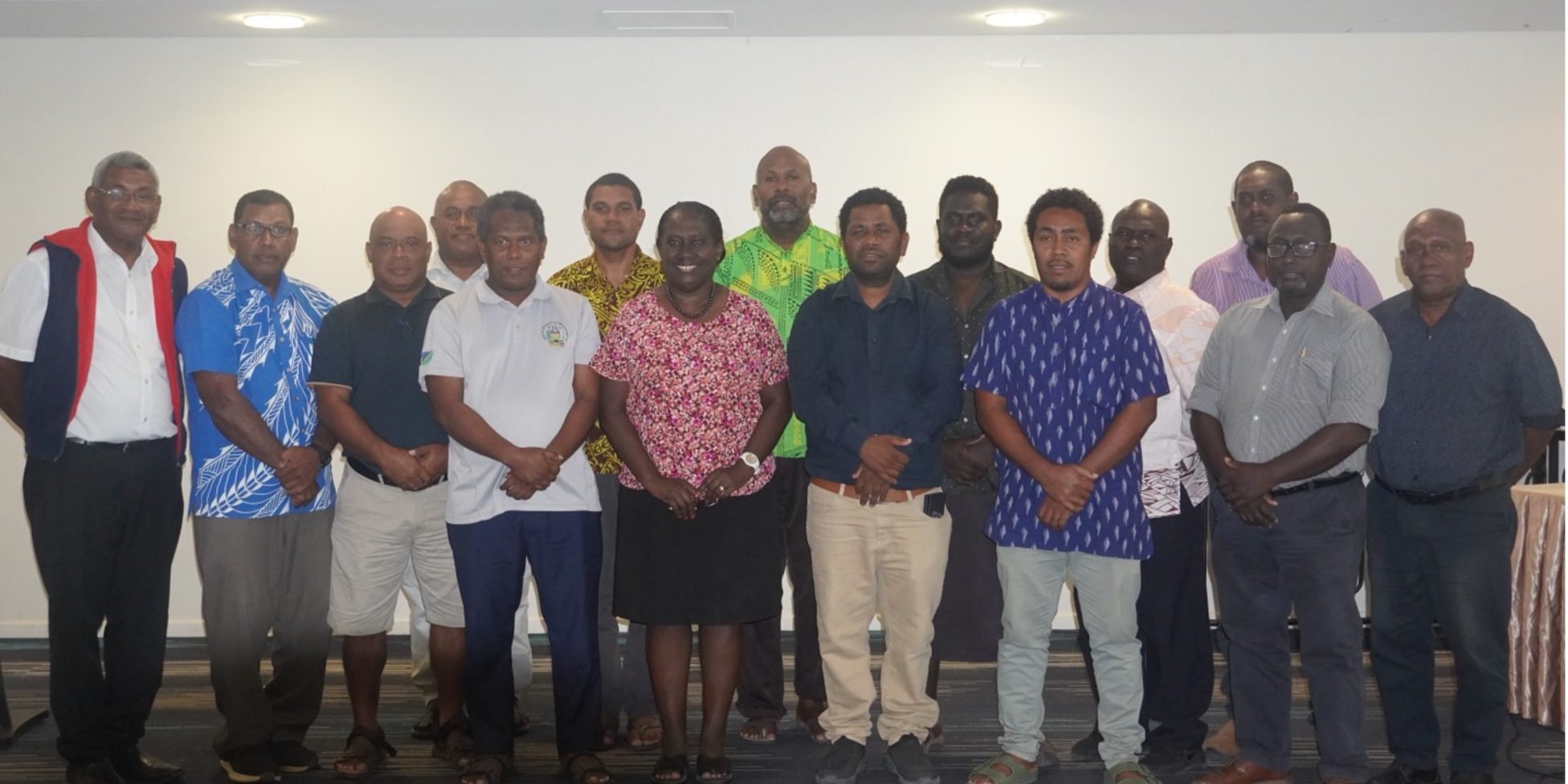THE Permanent Secretary (PS) of the Ministry of Health and Medical Services (MHMS) Pauline McNeil has highlighted the importance of the MHMS Annual National planning and budgeting, including that for 2025.
The five-day MHMS Annual National Planning and Budgeting 2025 workshop was held at the Heritage Park Hotel last week from Monday to Friday.
The five-day workshop brought together MHMS heads of departments, heads of health programs, provincial health directors, hospital secretaries, provincial accountants and stakeholder reps to discuss and finalize the draft Annual Operation Plan (AOP) for 2025.
“Our annual workshop on planning and budgeting is to bring in our partners, heads of departments, provincial health directors and all heads of programs to revisit the achievements of the previous year so we can look at the challenges and successes to plan for the following year.
“When it comes to planning, it so important because without a plan, we would not know the direction we are heading.
“The whole purpose is to plan, to budget appropriately so we can progress in the New Year,” she stressed.
The theme of the workshop was “translating evidence into Action for better Results.”
“We look at the evidence in terms of our health information, our data, or the various surveys and assessments that been conducted over the years to use the information to help better inform the plan and as well as the budget,” PS McNeil added.
“I know we haven’t had the budget launched yet but because of the timing, which is very limited and restricted, we need to prepare it on time.
“Now in terms of what we learned, there are many challenges since the budget remains the same but the need for health services expands along with the cost of delivering health services. The need for health services is also on the rise and increasing.
“Therefore, in terms of planning, we budget as to how we can manage the resources that is available for us, using the resources that we are able to deliver and within the environment we have too.
“So, these are the issues we looked at because we want to ensure that we are a performing ministry that delivers,” she added.
PS McNeil said they are working in an environment where budget is very limited and this also impacts their services.
“We cannot deliver services, if we don’t have a budget that is linked to the service that we deliver,” she added.
PS McNeil said one of the highlights of the workshop was the health indicators and which provinces are performing well and which provinces need to scale up.
‘We need to provide additional support to the provinces that are not able to scale up their efforts to deliver their services.
“So, I think the issues are same though the budget envelop may defer. But we will continue to support with the partners that we have over the many years. We are also ensuring that the support we receive are strategically invested in the sector in the places where we think should be improved on in health services and at the same time improve on the health systems,” she stressed.
Meanwhile, MHMS Minister Dr Paulson Bosawai thanked all the workshop participants and health partners who have contributed to the discussions and made the workshop a fruitful event.
“Thank you for your dedication and insights and collaborative spirit and I hope you have delivered a smart 2025 plans.
“This is now time for the ministry and its budget committee to work hard with wide support in the political space, to advocate strongly for a smart budget that links to our plans and our needs.
“Let us maintain this collaboration and connectivity going forward to 2025.
“I wish to convey my sincere acknowledgement for your commitment to your responsibilities within your respective roles to deliver the best so our ministry can improve on our health outcomes.
“Hence, we need partners, line ministries and our communities to support our course.
“Whether it is in Non-Communicable-Diseases (NCD), rural water supply installation and maintenance, waste disposal, food safety, maternal health, immunization or Malaria programs.
“It is important that we stay connected at all levels, using our information to guide us in our journey, share our experience in all levels and support one another in our common Journey towards 2025 and beyond,” Dr Bosawai said.
The MHMS stakeholders who participated in the workshop were World Vision Solomon Islands (WVSI), United Nations International Children’s Emergency Fund (UNICEF), World Bank, Global Fund and the Australian Government through AusAid/Department of Foreign Affairs and Trade (DFAT).
The outcomes from this workshop will enhance the alignment with the National Health Strategic Plan 2022 -2032, leading to improved performance on core health indicators and basic health services.
Secondly, it will streamline integrated programs through effective human resources and cost-sharing initiatives, resulting in optimized resource utilization and program efficiency.
Finally, the outcomes will also define and distinct roles between national programs and provincial health services, leading to clearer responsibilities and improved coordination.
By RAYMOND HULANGA
Solomon Star, Honiara









